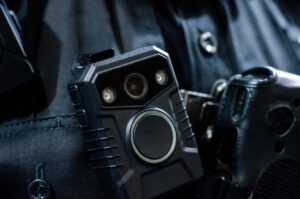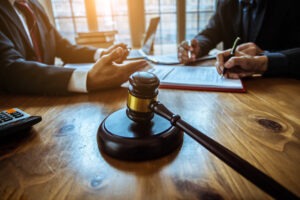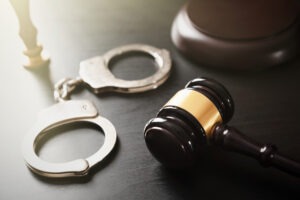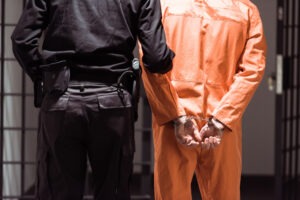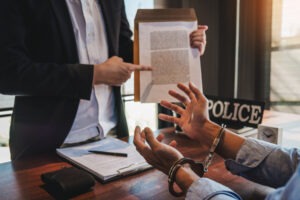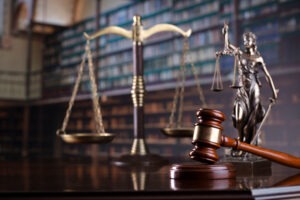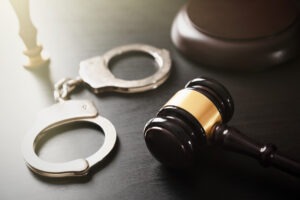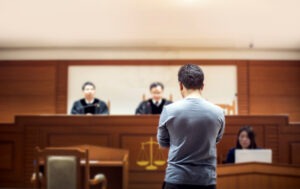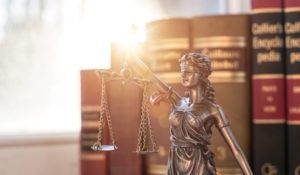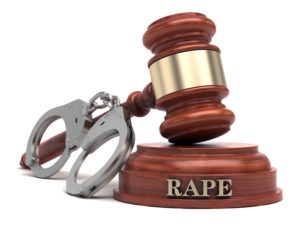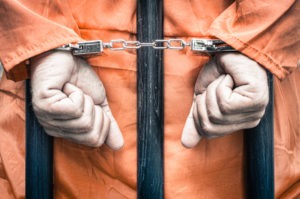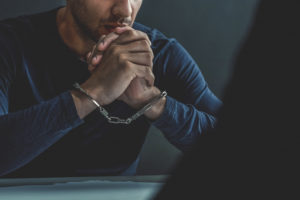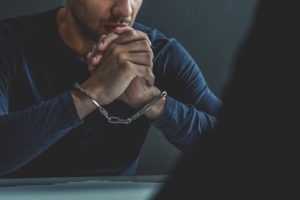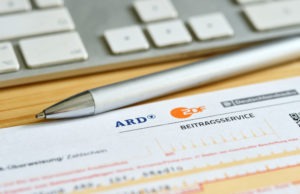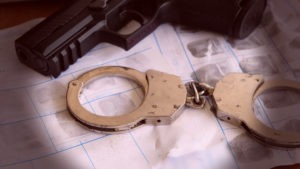If you or a loved one may face charges in Philadelphia, a nearby area of Pennsylvania, or New Jersey, you may have many questions about your rights and what you can expect. You can look for answers in the frequently asked questions (FAQs) on this page or contact our firm for a free consultation.
When Do I Need a Criminal Defense Lawyer?
You should call a criminal defense attorney as soon as you know that law enforcement suspects you of committing a crime. You should remain silent and continue to assert your silence throughout questioning, bail, and detention. You should ask for a lawyer as soon as possible. A lawyer can guide you through this process and protect your rights immediately.
As soon as your attorney takes over your case, they will assert your Fifth Amendment rights and answer all your questions. You deserve a caring attorney who will speak with your family while the detention facility processes you or while you are in custody.
This is especially important for people who are in custody because all your communications (except with your attorney) are recorded. You should be very careful what you say to your family during this time if you have the opportunity to talk with them.
What Happens if The Police Arrest or Interrogate Me?
The day that law enforcement arrests you may be the worst day of your life. You should get an attorney immediately to protect your rights and your future. A Philadelphia criminal defense attorney will represent you throughout your case, including:
- Dealing with a call from a detective
- Safe turn-in
- Obtaining pretrial release and making bail arguments
- Through investigation and trial
Pennsylvania and New Jersey’s criminal justice systems and the federal criminal justice system can be confusing and intimidating. The potential repercussions of a criminal conviction are serious. This is especially true of felony cases.
Depending on the offense and your sentence, legal and social consequences could include:
- Incarceration
- Fines
- Probation
- Changes in child custody or visitation
- Immigration status changes
- Loss of rights and government benefits
- Difficulty with future employment
- Problems finding housing after your release
Can I Wait Until Trial to Get a Criminal Attorney?
Having the right attorney early can make the difference between traveling to your first hearing from the jail or home. Hiring an attorney right away means you have representation and someone on your side when dealing with the judge or commissioner setting bail.
Even if you cannot initially make bail, your defense attorney will visit you and develop a strong argument on your behalf. They will prepare a bail reduction motion to hopefully persuade the court to release you before trial.
Your attorney should talk to a bail bond agent if you request it. They will also prepare Nebbia hearings if necessary to prove that the money your supporters are using to pay bail is from a legitimate source.
Building Your Criminal Defense Also Begins Early
There is also very important investigation work that must take place within days of your arrest. Your law firm will have an investigation team that knows what to do and handles this process. This could include:
- Ordering video from surveillance cameras
- Preserving 911 calls
- Preserving social media and text messages
- Gathering other evidence to prove who committed the crime, if available
Getting started early may allow them to uncover evidence that will not be available after additional time passes.
What Is a Preliminary Hearing?
A preliminary hearing is held to determine whether there is enough evidence against you to warrant a full trial. It is usually scheduled for one week after your arrest. If you are charged with a misdemeanor, you will likely go through a preliminary hearing. For felonies, you will most likely need to wait until arraignment to see if you will face a jury trial.
If you face charges of committing a crime outside of Philadelphia or a felony inside of the city, you have a right to a preliminary hearing. A preliminary hearing—also called a probable cause hearing—does not decide guilt. Instead, it determines:
- If it is more likely than not that a crime occurred; and if
- There may be a case against you- someone identifies you as having committed the crime
These hearings are a critical stage in the process for many defendants. However, you should know:
- Credibility cannot play a role in the judge’s decision
- The judge cannot throw out a case because the government witness is lying
Still, you must have a prepared attorney with cross-examination skills. The goal is to get the case dismissed. There are also other keys to a strong defense that your lawyer can set up during this hearing. This includes:
- Laying a foundation for a motion to suppress
- Getting a witness’s lies on the record so that you can disprove their story at trial
- Exploring the memory and accuracy of the person testifying
Whether the preliminary hearing leads to dismissal, reduction of the charges, or only a change in bail, it may be an essential step toward a not-guilty verdict.
Which Services Will My Attorney Provide After a Preliminary Hearing?
Your attorney should get to know you at the very beginning of the case and make time to learn about your background and the circumstances that led to your arrest. This will give them the ammunition to negotiate the best resolution for your individual circumstances.
Even if you never intend to plead guilty, your lawyer will explain all your options. You should have the power to decide how your case moves forward. More options mean better personal outcomes in all circumstances.
As you prepare for trial, your lawyer will review the discovery with you and discuss the investigation, witnesses, and strategy. They will advise you every step of the way, but you will ultimately decide whether to:
- Plead guilty or have a trial
- Have a non-jury or jury trial
- Testify on your own behalf
If you chose to testify on your own behalf, your lawyer should help you practice your testimony and work to put you at ease so that you can connect with the jurors and allow them to imagine your experience in their minds.
Your Lawyer Will Prepare You for the Courtroom
Your Philadelphia law firm will share with you its strategy for cross-examination and presentation of defense witnesses. Before your day in court, you will know how the trial process works and what to expect in the courtroom.
Not all trials lead to not-guilty verdicts, unfortunately. Sometimes a sentencing hearing is necessary, especially in a non-negotiated plea or when conceding to a lower charge. Your lawyer will:
- Review your sentencing guidelines with you
- Prepare you for the presentencing investigation process
- Gather your supporters for the hearing
What if There Was an Error in My Case?
Sometimes a judge makes an error in applying the law, or a prosecutor oversteps their bounds. If this happens in your case, your lawyer can file post-sentence motions and/or a notice of appeal on your behalf. These options allow you to argue that the court should:
- Suppress evidence
- Reverse the conviction and give you a new trial
- Reverse or reduce inappropriate or illegal sentencing
If this occurred in your case, you would want to choose an attorney who has experience in the Superior and Supreme Courts of Pennsylvania on challenges to the evidence, the verdict, and sentencing.
Call The Law Offices of M.J. Snyder, LLC for a Free Consultation Today
Contact the Law Offices of M.J. Snyder, LLC., today to request a complimentary and confidential consultation with criminal defense attorney Marni Jo Snyder.
You can speak with our team about your case now by calling (215) 515-3360.



















